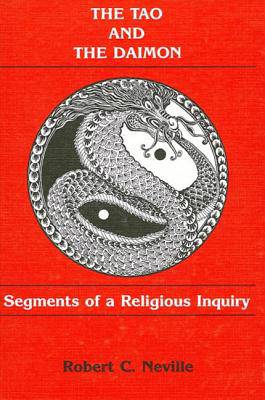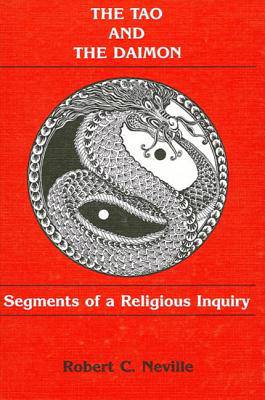
- Afhalen na 1 uur in een winkel met voorraad
- Gratis thuislevering in België vanaf € 30
- Ruim aanbod met 7 miljoen producten
- Afhalen na 1 uur in een winkel met voorraad
- Gratis thuislevering in België vanaf € 30
- Ruim aanbod met 7 miljoen producten
Omschrijving
The Tao and the Daimon examines a central theme in religious studies: the question of the authority and authenticity of traditional religious faith and practice (tao) in light of the challenge from the spirit of critical reason (Socrates' daimon). From a non-judgmental, historical standpoint, it develops the dialectical relation between religion and rational inquiry. Neville employs a philosophical system to set a task for reflection, making it possible to see how Eastern and Western religious traditions differ, overlap, contradict, and reinforce one another. The central chapters are detailed studies of theologically interesting elements in Christianity, Buddhism, taoism, and Neoconfucianism.
How can one judge of the higher truths of another religion without having practiced it? Can the tao and the daimon, after all, be reconciled purely in the conceptual realm of speculative philosophy? Neville recognizes the very real differences between conceptualizing and practicing and the very real differences in understanding that can result. At the same time, he transcends the problem by identifying (and exemplifying in his own work) speculative philosophy as a tao in itself, "a new locus of religious significance, our own scholarly interpretation, new creations of the holy out of practiced scholarly piety toward the old."
Specificaties
Betrokkenen
- Auteur(s):
- Uitgeverij:
Inhoud
- Aantal bladzijden:
- 281
- Taal:
- Engels
Eigenschappen
- Productcode (EAN):
- 9780873956611
- Verschijningsdatum:
- 30/06/1983
- Uitvoering:
- Hardcover
- Formaat:
- Genaaid
- Gewicht:
- 553 g

Alleen bij Standaard Boekhandel
Beoordelingen
We publiceren alleen reviews die voldoen aan de voorwaarden voor reviews. Bekijk onze voorwaarden voor reviews.











